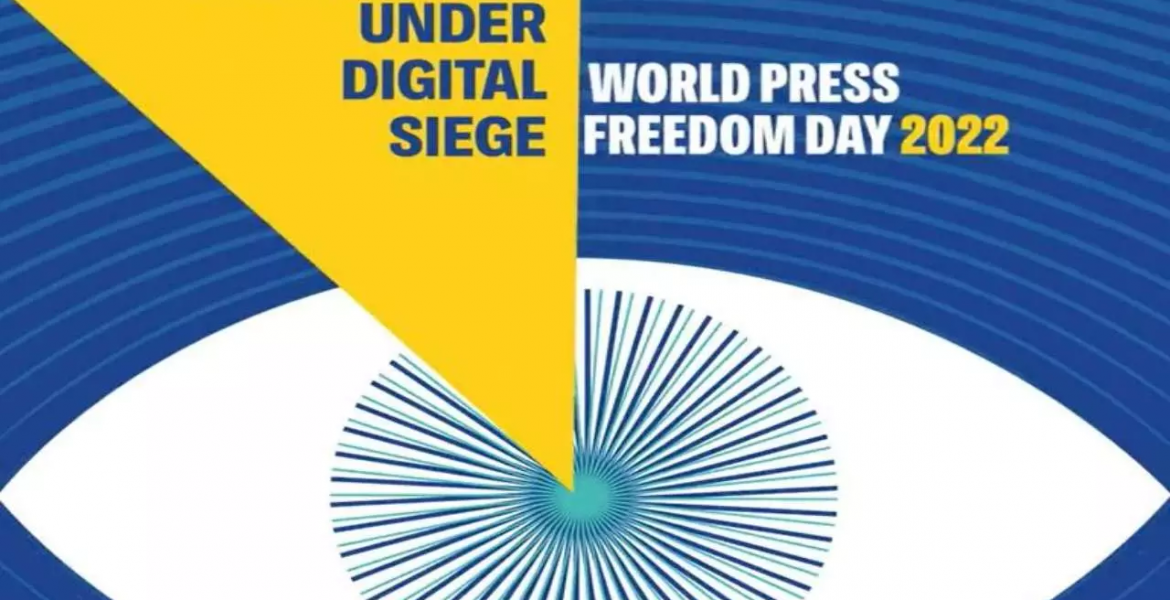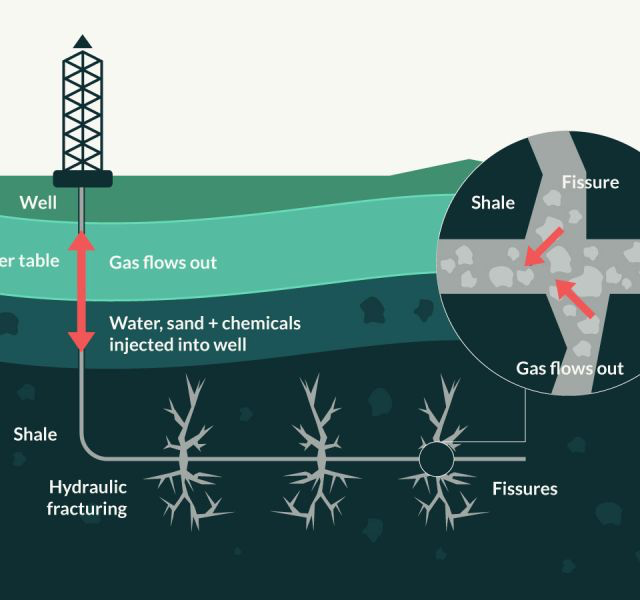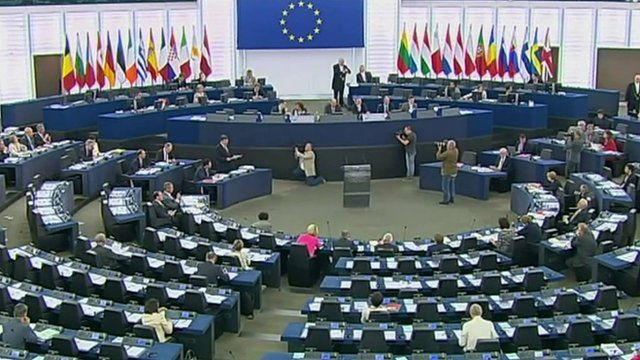On 3 May, the World Press Freedom Day, the European Parliament officially launched the call for submissions for entries to the Daphne Caruana Galizia Prize for Journalism.
The Prize rewards on a yearly basis outstanding journalism that promotes or defends the core principles and values of the European Union such as human dignity, freedom, democracy, equality, rule of law, and human rights.
European Parliament President Roberta Metsola said: “The European Parliament’s message is clear: Europe stands with those seeking the truth. Daphne’s pen was silenced because she was uncovering the truth, and we should never allow journalists to become targets or victims. With this prize the European Parliament will continue defending free speech, media plurality and quality journalism, and help transmit these values to future generations.”
The Prize is open to professional journalists and teams of professional journalists of any nationality to submit in-depth pieces that have been published or broadcast by media based in one of the 27 European Union member states. The aim is to support and highlight the importance of professional journalism in safeguarding freedom, and equality.
An independent jury composed of representatives of the press and civil society from the 27 European member states and representatives of the main European Associations of Journalism will choose the winning entry. The awards ceremony will take place each year around 16 October, the date Daphne Caruana Galizia was assassinated.
The prize and the €20 000 prize money demonstrates the European Parliament’s strong support for investigative journalism and the importance of free press. Over the last few years, Parliament has warned about attempts both in the EU and beyond to undermine media pluralism. MEPs have denounced the attacks on journalists, particularly from politicians.
On 27 April, a proposal was announced to tackle malicious litigation against journalists and activists.
Galizia was a Maltese journalist, blogger and anti-corruption activist who reported extensively on corruption, money laundering, organised crime, sale of citizenship and the Maltese government’s links to the Panama Papers. Following harassment and threats, she was murdered in a car bomb explosion on 16 October 2017. The outcry over the authorities’ handling of her murder investigation ultimately prompted the resignation of Prime Minister Joseph Muscat. Critical of failings in the investigation, in December 2019, MEPs called on the European Commission to take action.




